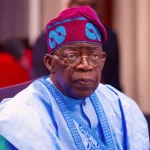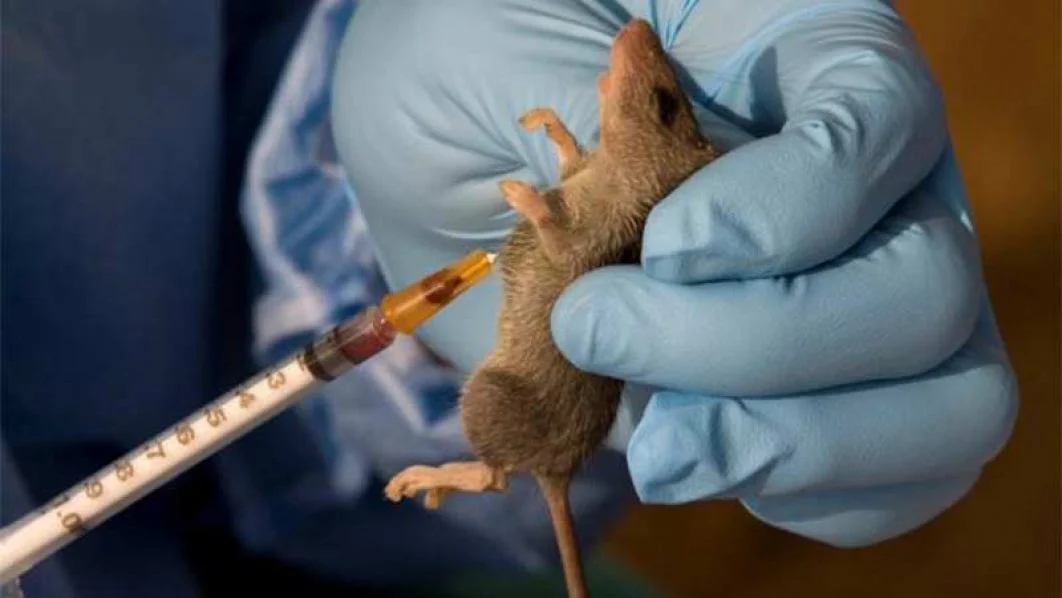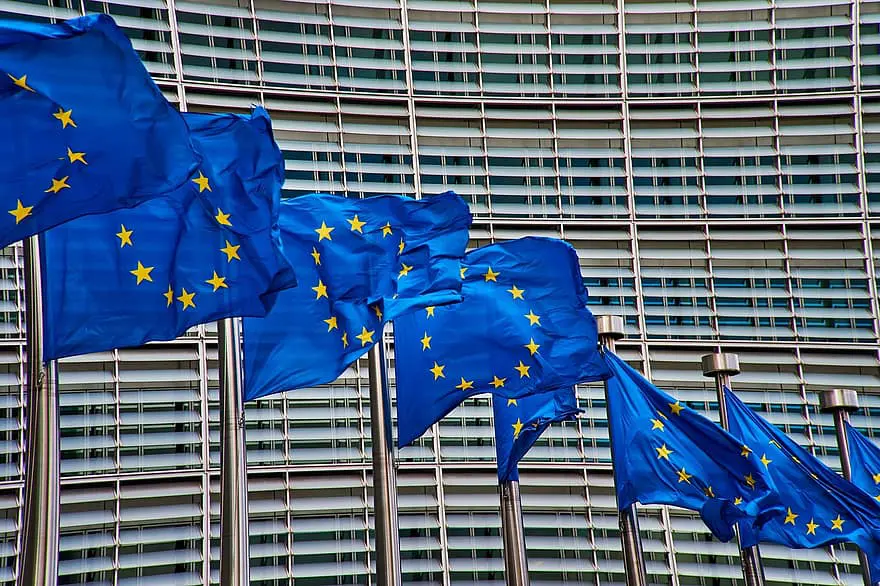Tech magnate Elon Musk has asserted that no amount of celebrity endorsements, even those linked to renowned music mogul Sean “Diddy” Combs, will be enough to secure Vice President Kamala Harris’s success in the November 5 presidential election. With the crucial vote set for tomorrow, Musk took to social media platform X (formerly Twitter) to voice his stance on Harris’s campaign, which faces a challenging race against formidable Republican contender Donald Trump.
Musk, a vocal supporter of Trump’s candidacy, posted, “No amount of Diddy party ‘celebrity’ endorsements can save Kamala,” sparking widespread discussions and reactions online. The remark came in response to a surge of celebrity endorsements backing Harris, many of which are alleged to be tied to events and gatherings hosted by Combs.
Combs, known for his significant influence in both the entertainment and cultural sectors, has recently found himself at the center of legal turmoil. He is currently embroiled in a far-reaching federal criminal case involving charges of sex trafficking and racketeering conspiracy. The allegations have not only impacted his public image but have also stirred debates on the political influence of celebrities connected to him.
Harris’s campaign, representing the Democratic Party, has leaned on endorsements and star-studded support to strengthen her reach and appeal to a broad voter base. However, Musk’s statement indicates skepticism about the effectiveness of these high-profile endorsements, particularly in swaying public opinion in favor of the incumbent vice president.
As the election draws near, political analysts are closely monitoring the final stretch, with both candidates leveraging their strongest assets. Trump, who previously served as president, is relying on a robust base of support and endorsements from influential figures like Musk, while Harris is tapping into a network of celebrity advocates, despite the cloud over Combs’s legal challenges.
Public response to Musk’s declaration has been mixed. Supporters of the Republican Party viewed his remarks as reinforcing the belief that policy and governance, rather than celebrity endorsements, should define electoral success. On the other hand, critics accused Musk of undermining the impact of cultural and celebrity figures on modern-day elections, which have proven influential in past cycles.
Meanwhile, Harris’s camp continues to emphasize its key policy initiatives and broader appeal, leveraging the endorsements as a way to connect with younger, more diverse demographics. Combs’s situation, however, remains a controversial aspect of these endorsements and may affect voter perception as election day approaches.
No amount of Diddy party “celebrity” endorsements can save Kamala https://t.co/f8DxoBjBkW
— Elon Musk (@elonmusk) November 2, 2024







2 Comments